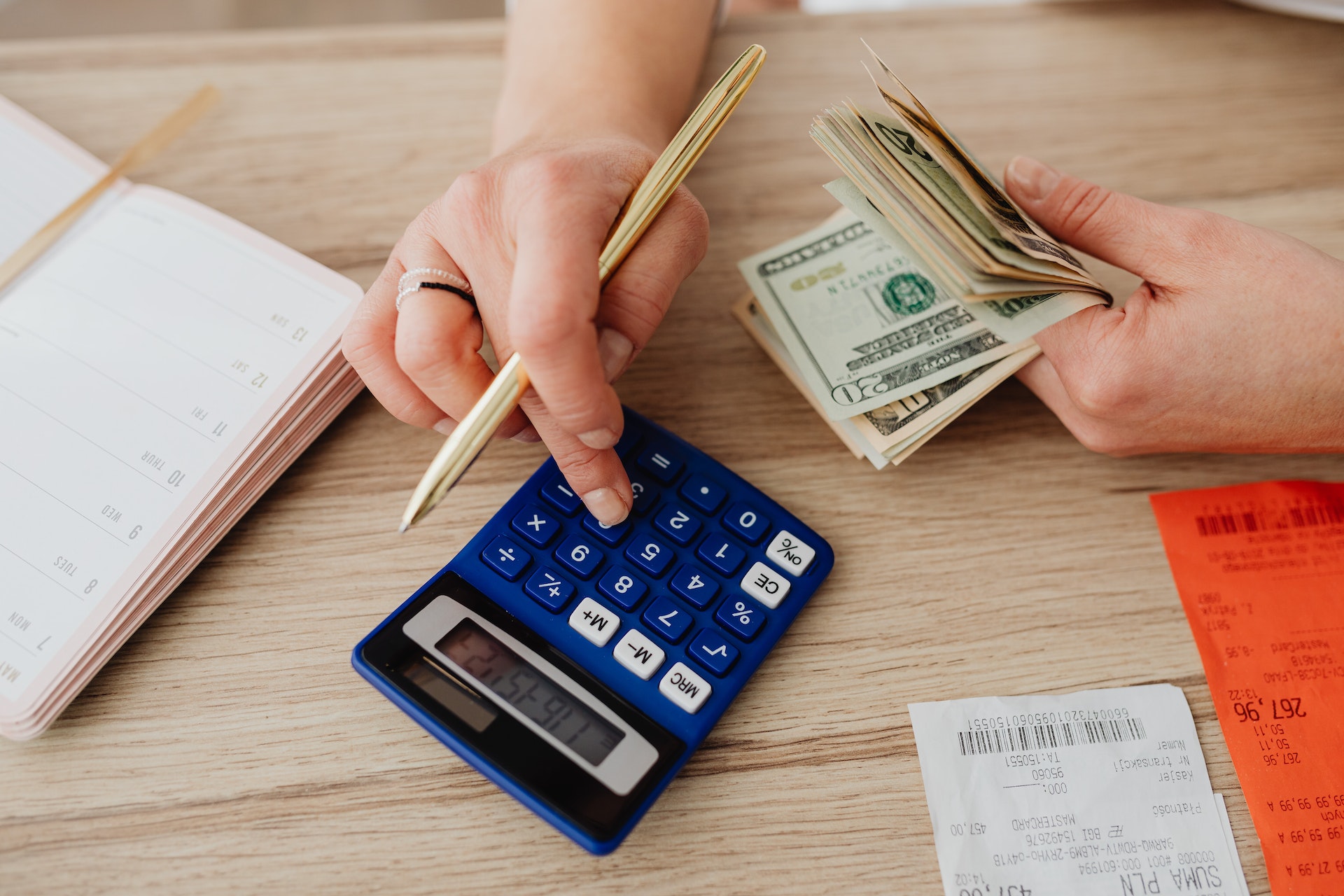When it comes to finances, many people take a reactive approach instead of a proactive one. About 70% of Americans don’t usually follow a budget and only save whatever’s left over at the end of the month. Failing to budget and make a plan for your money can make it difficult to save for emergencies and financial goals such as buying a home. If you want to stop feeling like you’re always playing catch-up with your finances and start being in control of your money, here are four ways to be more financially proactive.
Make a Budget
Of course, the best way to be proactive with your money is to make a budget. Before we sat down together and made a budget, my partner and I would essentially buy whatever we wanted and deal with the credit card bill later. This haphazard financial approach caused a lot of stress in our lives and relationship. Although adhering to a budget may sound restrictive, it was actually freeing for us because it relieved a lot of the financial anxiety we felt.
Where many people go wrong with budgeting is being too restrictive with their money. Your budget should enable you to enjoy your life while meeting realistic financial goals. If you don’t include any money for fun, you won’t be able to stick to your financial plan, and you may fall back into your old reactive money mindset.
You’ll also have trouble following your budget if it doesn’t factor in all of your expenses. It’s easy to make a budget that’s just based on fixed monthly costs like your mortgage payments and car insurance. However, you have to leave some room in your budget for infrequent, variable expenses like gift-giving and oil changes. Otherwise, you’ll find yourself deviating from your budget frequently and failing to meet your savings goals, which may feel discouraging and cause you to throw in the towel.
Start Sinking Funds
Another great way to be proactive with your money is to set up sinking funds. Sinking funds are separate bank accounts you can use to save money for large future purchases, such as buying a new car or going on a trip. Setting aside money for major expenses you know are coming in a few months or years can help you avoid dipping into your emergency savings or going into debt to pay for them.
Starting sinking funds has helped me feel much more organized and in control financially. I never have to scramble to find the money to replace an old appliance because I’ve been saving up for it all along. I start my sinking funds as far in advance as I can so I only have to set aside a little bit of money every month to reach my goal. It can feel overwhelming to set a savings target of $15,000 for a used car. But if you start saving for it 3 years in advance, you only have to set aside around $415 a month, which is much more manageable.
Have a Plan for Bonuses and Unexpected Income
When you get unexpected income from a tax refund, bonus, raise, or side hustle, it can feel like you’ve won the lottery. But when you view your tax refund or bonus as a windfall instead of earned income, it increases the temptation to fritter it away on stuff you don’t need.
That’s why I like to be proactive when it comes to bonuses instead of reactive. Before the money hits my bank account, I plan how I’m going to utilize it, just like I would if it was a regular paycheck. I usually divert most unexpected income into savings and reserve a small percentage to treat myself.
Limit Your Credit Card Use
Speaking from experience, credit cards can keep you stuck in a reactive financial mindset. They allow you to swipe mindlessly and spend tomorrow’s income today. If you aren’t careful, it’s easy to rack up a bigger balance than you intended and struggle to pay it off.
My partner and I used to charge anything we wanted without a plan and would always be surprised at the end of the month when we opened the statement. We were lucky we never got into debt and could afford to pay off our balance every month, but this behavior hindered our ability to save.
Ideally, you should never be surprised about where your money is going every month. If you’re routinely shocked at how high your credit card bill is, it may be time to limit your credit card use. Switching to cash or a debit card can help you live within your means and avoid overspending because there’s a clear limit. With credit cards, you can continue to charge more than you can afford. But with a debit card, you’ll go into overdraft if you aren’t careful, which trains you to be more intentional and proactive with your money.
What are some of your favorite ways to be more proactive with and in control of your money? Share your tips in the comments below!
Read More:
Should You Trust Financial Advice From TikTok?
How I’m Planning To Use My Tax Refund
How Much Money Do You Need To Retire?

Vicky Monroe is a freelance personal finance and lifestyle writer. When she’s not busy writing about her favorite money saving hacks or tinkering with her budget spreadsheets, she likes to travel, garden, and cook healthy vegetarian meals.
